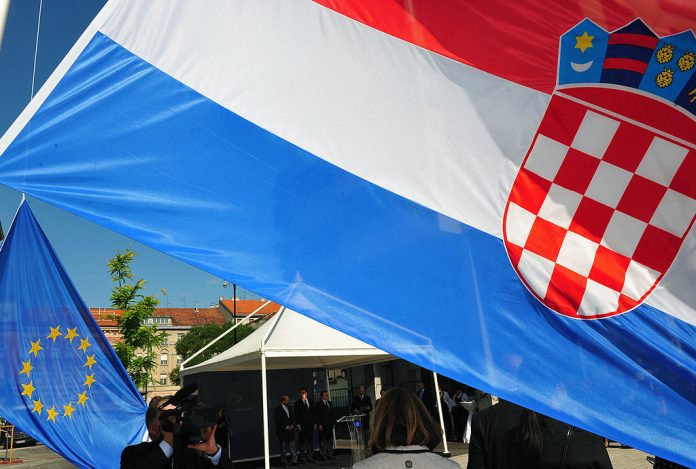On Thursday, MEPs endorsed lifting internal border controls between the Schengen free-movement area and Croatia.
In a report adopted with 534 in favour, 53 against, and 25 abstaining, the European Parliament approves of Croatia becoming a full member of the Schengen area. On 9 December 2021, the Council confirmed that Croatia had fulfilled all the necessary conditions for the full application of Schengen rules. Now, MEPs urge the Council to continue with the process and adopt a final decision to lift border controls.
The European Parliament has long advocated for the enlargement of the Schengen free-travel area, which today includes 26 states (all EU member states except Bulgaria, Croatia, Cyprus, Ireland and Romania, plus non-EU members Norway, Iceland, Switzerland and Liechtenstein). In 2018, MEPs stated that Croatia should be admitted into Schengen as soon as it fulfilled the necessary criteria. On 18 October 2022, they also voiced their support for admitting Bulgaria and Romania into Schengen without delay.
Fundamental rights must be respected
To ensure fundamental rights at EU external borders are respected, MEPs urge Croatia to inform the Parliament and Council of how it implemented its action plan (see the Commission communication for more details) for managing EU external borders, and particularly the independent mechanism to monitor the actions of police officers. Following reports of pushbacks at Croatia’s borders, MEPs want the Commission to assess Croatia’s external border management and fundamental rights aspects (including through on-site visits) as part of the Schengen evaluation programme.
After the vote, rapporteur Paulo Rangel (EPP, PT) said: “Croatia underwent the most comprehensive evaluation for Schengen membership of any EU country so far. It has met 281 recommendations in 8 areas of the Schengen legislation. The Commission and the Council have confirmed the country’s readiness to apply the Schengen rules in full. The European Parliament completely agrees: lifting internal border controls must happen by the end of this year!”
The final decision to lift internal controls must be taken by the Council of the EU, acting unanimously.

